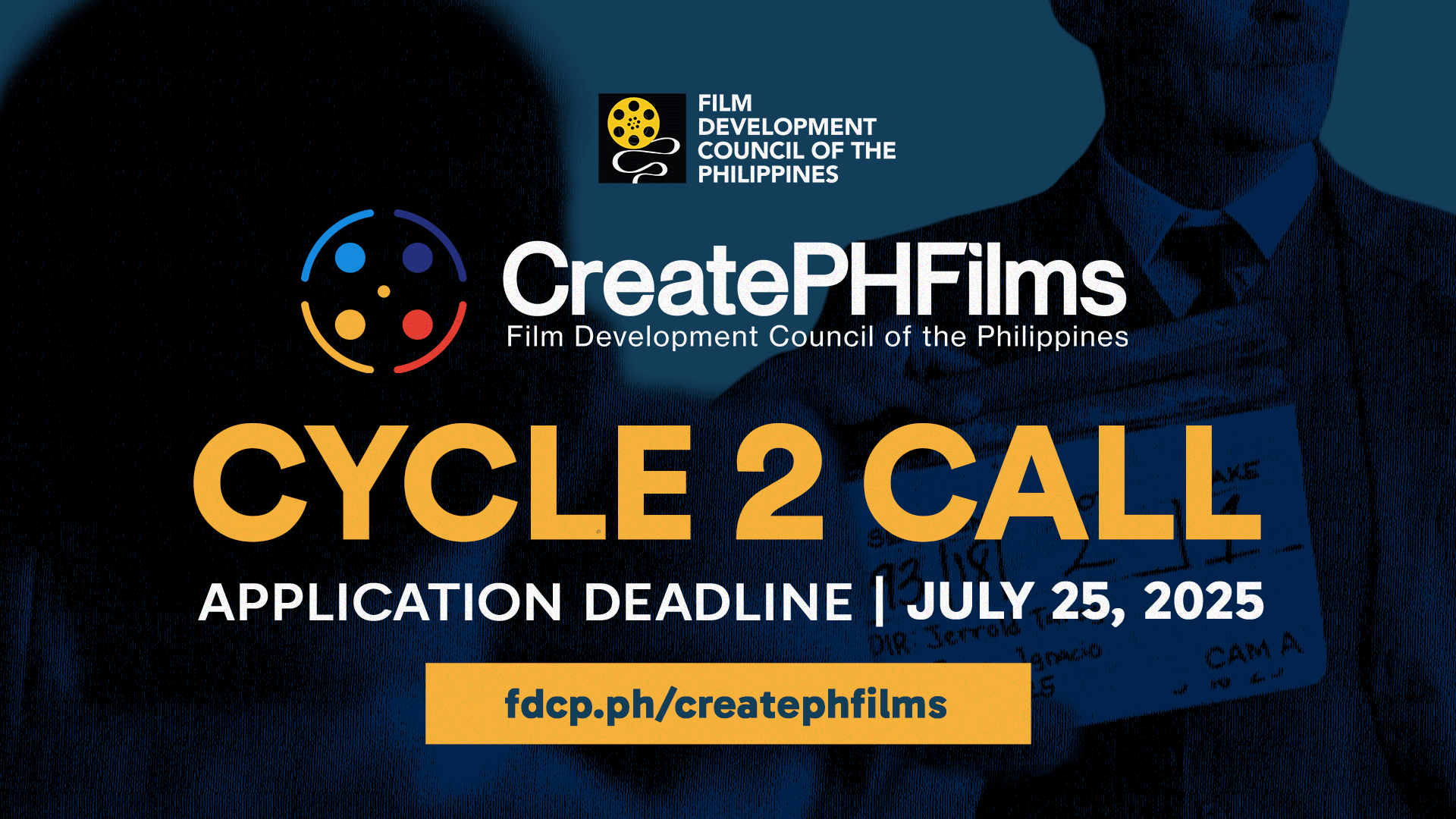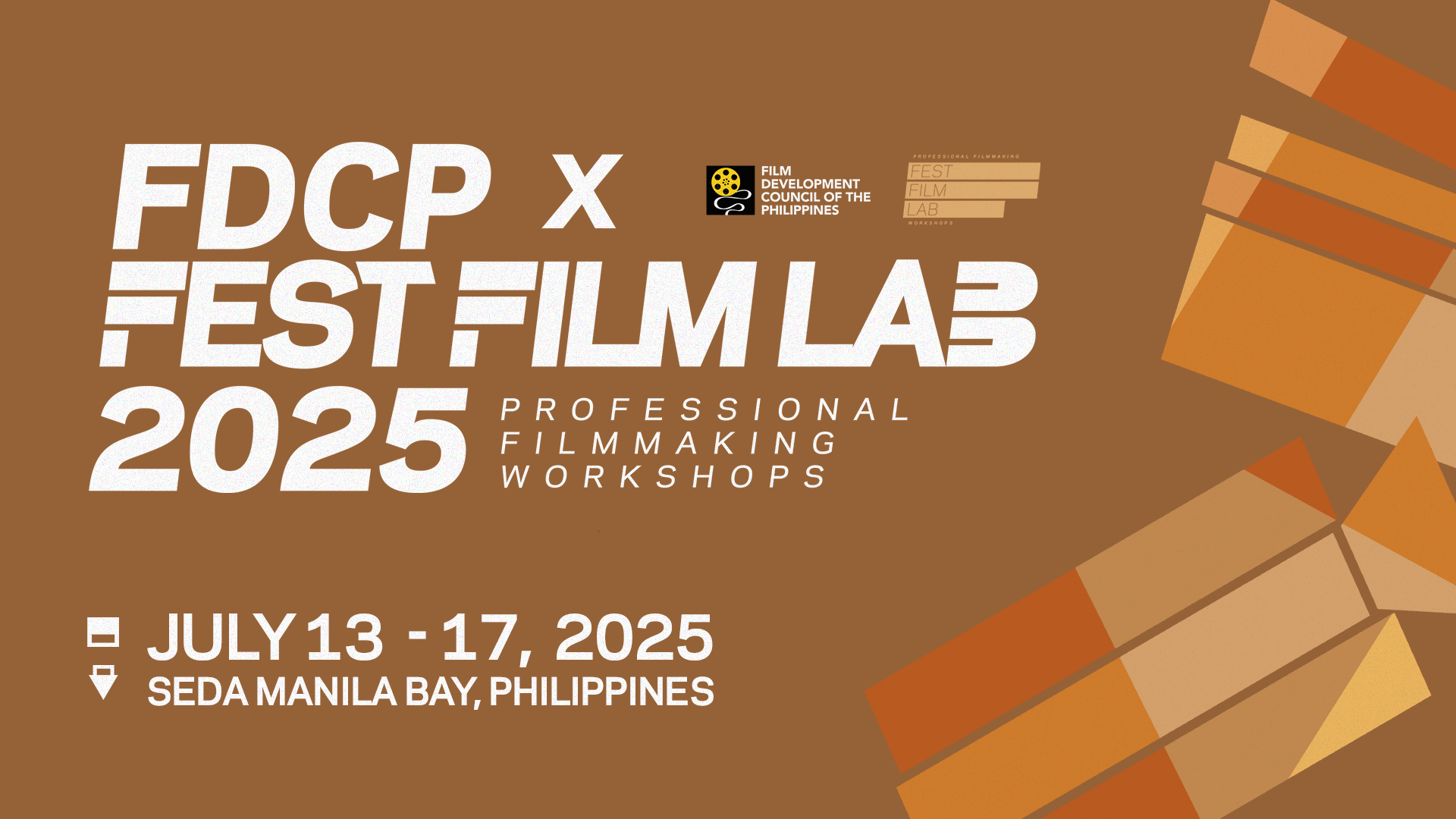The future is bright with copyright

It is not easy to be a content creator. As an artist myself, I can vouch that behind what audiences are able to see for five minutes can be equivalent to hundreds of hours of hard work, focused study, rigorous training, sleepless nights, emotional stress, and not to mention monetary investments. A work of art does not appear from thin air. An artwork is never free.
It is high time we retire the tired trope of the "struggling artist." How? Let us talk about the intellectual property rights — specifically, copyright — of a creator.
Philippine International Copyright Summit
I was fortunate to be a part of the very first Philippine International Copyright Summit (PICS) on November 26. The week-long event brought together major copyright-based industries (CBI) in the country as represented by experts and advocates from film (which Film Development Council of the Philippines or FDCP represented); music; literature and publishing; visual arts; radio and TV broadcasting; photography; and even computer software. The event was aptly themed "United in Copyright."
It became a platform for stakeholders and intellectual property professionals to exchange experiences and have a conversation about different perspectives in the light of intellectual property policies, and the place of content makers — artists and creators — in the overall topography of the Philippine creative sector.
I am grateful for this initiative by the Intellectual Property Office of the Philippines (IPOPHL). As a member of the community of copyrights-based industries, the film sector has found a partner in IPOPHL in championing the importance of copyright and other related rights so we can really progress as a creative sector. The FDCP have spent the last five years in empowering the various sectors in the film industry to elevate the quality of Filipino filmmaking and promote Philippine cinema all over the world. But with the advances we make, we are also faced with hindrances toward this goal.
It is alright to think of copyright
"My toil has value." Creators have to be the first ones to assert this.
We are moving towards a very content-driven industry, and film is one of those sectors. Copyright allows creators from the film and audiovisual industry to protect the value of their content and optimize possible revenue streams to compensate for the hard work and financial resources they poured into producing them. With the advent of technology and digital platforms, films and audiovisual content are "stolen" through rampant online film piracy, resulting in significant losses for and the oppression of filmmakers and film workers.
Copyright is a creator's inalienable right. An idea cannot be copyrighted, but any expression of it is protected by law. It is through this that an intellectual property, a creation, can reach its maximum potential, both in reach and artistic possibilities, and in its monetary returns. It is but fair for the one who labored to enjoy the fruits of their hard work.
As an aside, in one of the presentations of IPOPHL earlier this year, it was mentioned that countries with higher registration of intellectual property are more likely to have better economic standing compared with countries with lower IP registration.
We always say that the Filipinos are a talented people. Imagine the potential we have in harnessing the power of intellectual property. Imagine the boost it can possibly give our economy in the long run.
The future is bright
It is important that we, as a creative sector, advocate for the mainstreaming of discussions on copyright. I understand that this is a tall order and needs a whole-government approach. Our times are evolving, posing more and more challenges to the creator's just compensation. We need to educate and empower creators to look beyond the treatment society is used to when it comes to creative work. Let us, together, go past the "Uy! Artist ka, drawing mo nga ako." Or "May bago kang libro, pahinging complimentary copy." We can be more than penniless artists doing everything out of love. (Remember, self-care is love, too.)
As part of the FDCP, we enjoin everyone to help us empower our filmmakers to understand what intellectual property rights mean. That this can be an investment. With the enforcement of a more copyright-conscious culture, filmmakers may see the potential in creating films, in making content, how they can monetize their art and creativity.
The possibilities now to optimize content is endless. A film for example can crossover to different platforms like animation, on demand, and merchandize. It can have remakes in other countries, or be made into a series.
Owners of a creative work, after all, enjoy certain exclusive economic rights, exercise of which reaps monetary rewards in the form of royalties in exchange for a work's reproduction or public performance. They also have moral rights over their work, meaning they possess the right to be attributed and the right to protect their work's integrity.
From local to global
Take note that the foreign movies which are mainstays in our local cinemas are paid for by Filipino businesses so they can be shown here. We can do the same for our films abroad.
One of the FDCP's aims is to arm filmmakers with the know-how on better production and distribution their content, or selling rights to screen their films in international market, or how to broaden their release patents and distributions outside of the country so they can be seen all over the world.
Needless to say, the FDCP believes in the great potential of Filipino films and filmmakers in the international arena. We have the blood of Brocka and Bernal in our veins, the Kidlat in our heart, and the innovative and passion of the likes of Khavn. Like Brilliante Mendoza, our aspiring homegrown talents can astound the world with their sparkle, too. Our critically-acclaimed filmmakers are testaments to the artistic value and viability of Filipino films with international audiences. Add to these the diversity of narratives we can offer with our growing regional film scenes.
Let me end this by addressing our dear content creators, "Your toil has value. You are valuable." Let us begin the endeavor of upholding the value of the Filipino creation with this assertion.
For our dear consumers, let us support our filmmakers and content creators. Love, after all, is a verb. When we say we love a certain film, or that we are fans of a particular artist, it means we are supportive of their potential, we advocate for their rights, we would want to see them succeed. Love is not asking your artist friends for free copies but buying original ones. Love is perhaps re-sharing an artist's post about their craft to amplify their reach. It can be many ways! Sometimes, "love" and "support" can be synonymous with "copyright." Right?
Notes from the Chair
The Sunday Times Magazine - The Manila Times
Notes from the Chair is part of the Arts Awake section of The Sunday Times Magazine published by The Manila Times. Click HERE to view the article on The Manila Times website.




